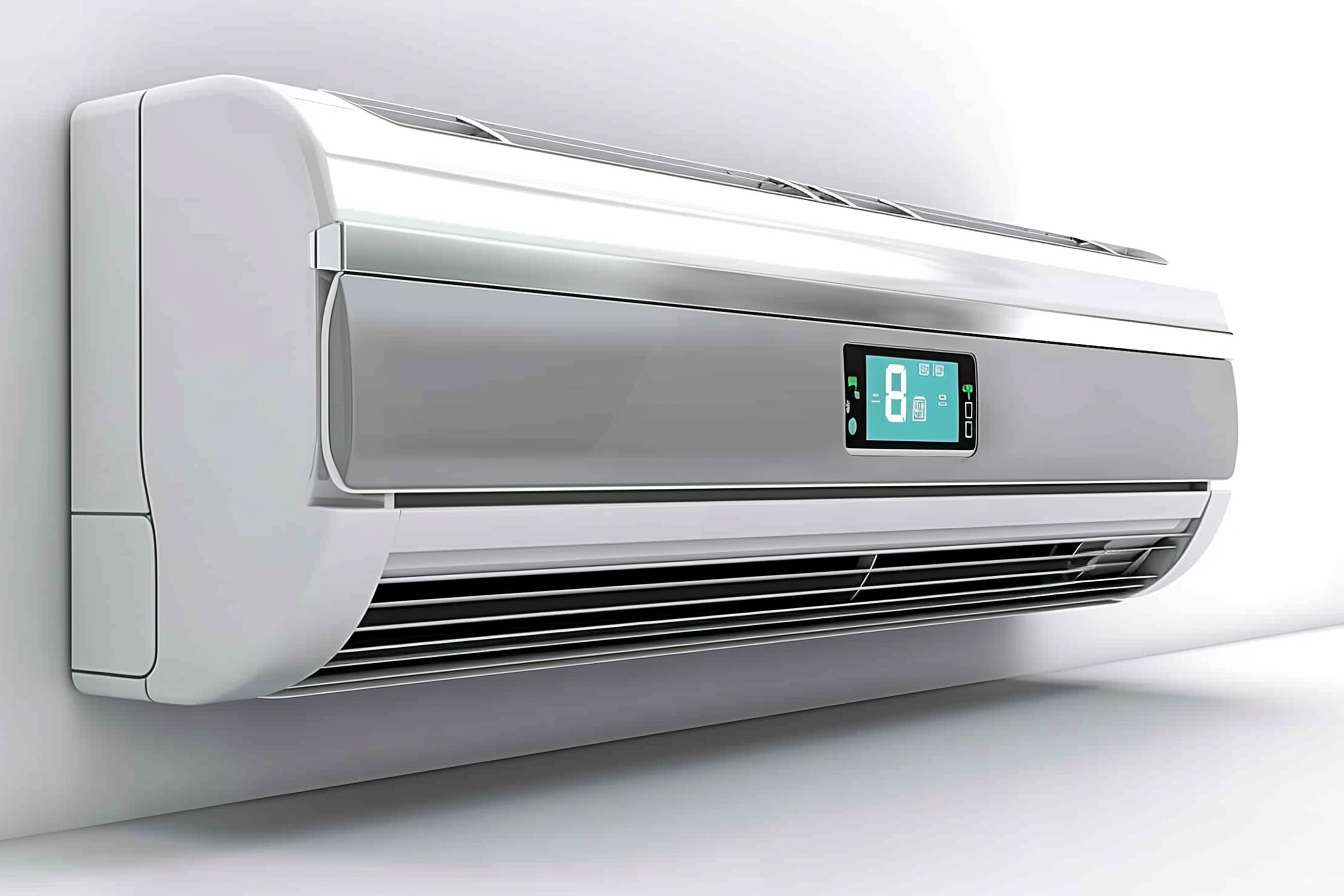Medical Assistant Training: Your Path to a Rewarding Healthcare Career
Medical assistant training is a gateway to an exciting and fulfilling career in the healthcare industry. As the demand for healthcare services continues to grow, medical assistants play a crucial role in supporting doctors, nurses, and other medical professionals. This comprehensive training prepares individuals to become valuable members of healthcare teams, equipped with the skills and knowledge necessary to excel in various medical settings.

What Skills Do You Learn in Medical Assistant Training?
Medical assistant training programs offer a diverse set of skills that are essential for success in the field. Students learn to perform basic clinical procedures such as taking vital signs, administering injections, and assisting with minor surgical procedures. Additionally, they develop proficiency in administrative tasks like scheduling appointments, managing medical records, and handling insurance claims. Strong communication skills, empathy, and attention to detail are also emphasized throughout the training.
How Long Does Medical Assistant Training Take?
The duration of medical assistant training can vary depending on the program and institution. Typically, certificate or diploma programs can be completed in 9-12 months, while associate degree programs may take up to two years. Some accelerated programs offer shorter completion times, but these may require more intensive study. The length of training also depends on whether you choose full-time or part-time study options.
What Are the Career Prospects for Medical Assistants?
The career outlook for medical assistants is highly promising. According to the U.S. Bureau of Labor Statistics, employment of medical assistants is projected to grow 16% from 2021 to 2031, much faster than the average for all occupations. This growth is driven by an aging population and an increased focus on preventive medical care. Medical assistants can find employment in various healthcare settings, including hospitals, clinics, physician offices, and specialty practices.
How Do You Choose the Right Medical Assistant Training Program?
Selecting the right medical assistant training program is crucial for your future career success. When evaluating programs, consider factors such as accreditation, curriculum comprehensiveness, hands-on clinical experience opportunities, and job placement assistance. It’s also important to look at the program’s reputation, faculty qualifications, and student success rates. Researching and comparing different programs can help you make an informed decision that aligns with your career goals and personal circumstances.
What is the Cost of Medical Assistant Training?
The cost of medical assistant training can vary significantly depending on the type of program, institution, and location. Here’s a general overview of the costs associated with different types of medical assistant training programs:
| Program Type | Provider Type | Cost Estimation |
|---|---|---|
| Certificate Program | Community College | $2,500 - $10,000 |
| Diploma Program | Vocational School | $5,000 - $15,000 |
| Associate Degree | Community College | $10,000 - $25,000 |
| Associate Degree | Private College | $20,000 - $40,000 |
Prices, rates, or cost estimates mentioned in this article are based on the latest available information but may change over time. Independent research is advised before making financial decisions.
It’s important to note that these costs typically include tuition, fees, and basic supplies. Additional expenses such as textbooks, uniforms, and certification exam fees may not be included. Many institutions offer financial aid options, scholarships, or payment plans to help make training more affordable. When considering the cost, it’s crucial to weigh it against the potential career benefits and increased earning potential that come with completing a reputable medical assistant training program.
Medical assistant training offers a pathway to a rewarding career in healthcare. With comprehensive education in both clinical and administrative skills, graduates are well-prepared to enter the workforce and make a positive impact on patient care. As the healthcare industry continues to grow, the demand for well-trained medical assistants is expected to remain strong, providing ample opportunities for career growth and job security.






